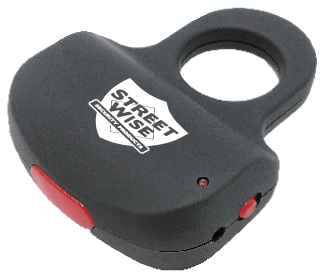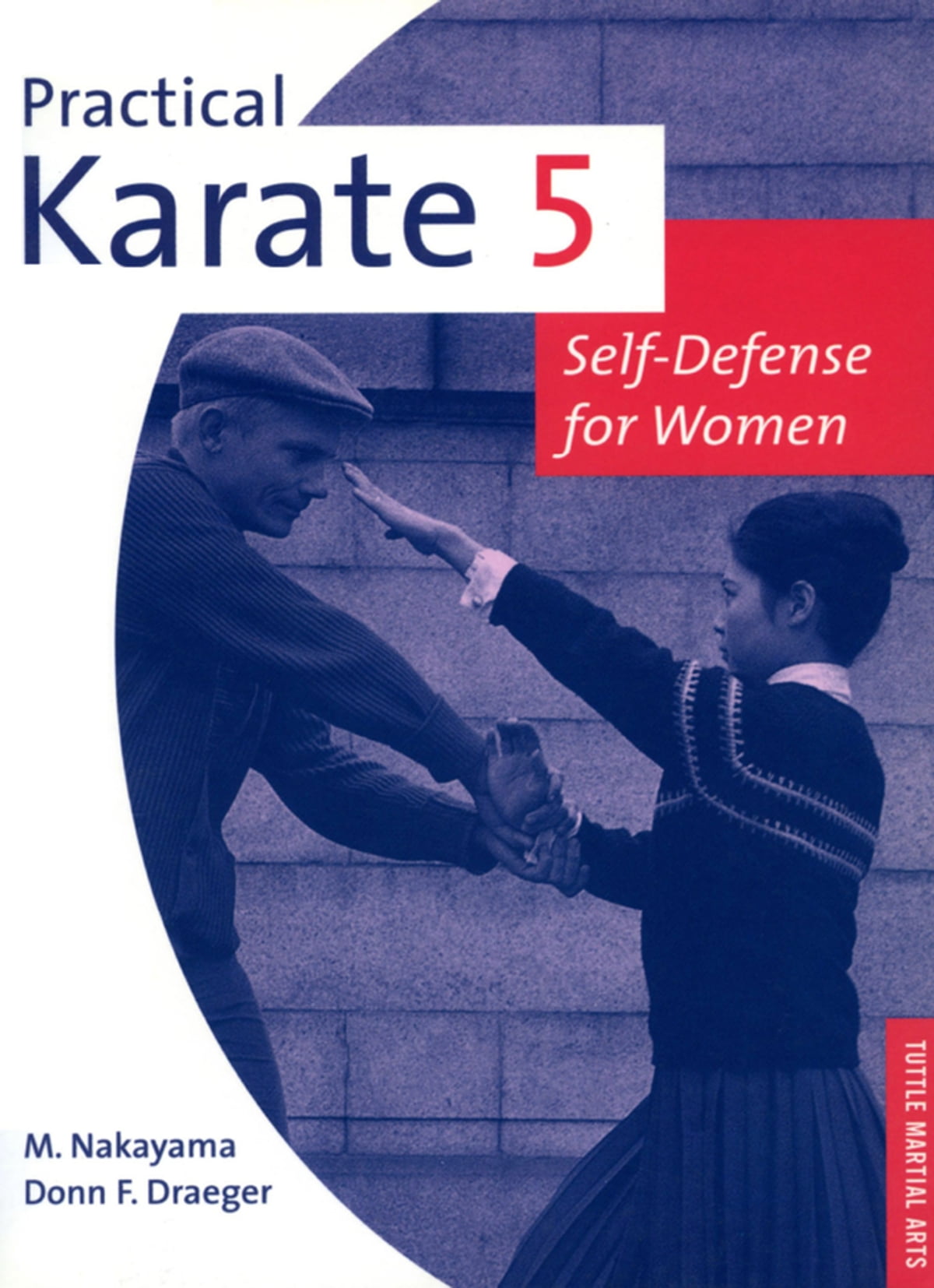
An excellent tool for self defense is to keep a knife necklace with you. You can hide the knife with a necklace or carry it around your neck. When choosing a knife, consider its length, blade shape, and T-shape. These characteristics will assist you in making a decision on which knife to purchase.
Hidden knife necklaces
One of the most convenient ways to defend yourself is by wearing a concealed knife necklace. If an attacker attacks you, the knife can be easily hidden in your neck or a boot. This way, your attacker won't be able to take it away from you. A hidden knife necklace can be used in many situations to defend yourself against multiple attackers.

Folding knives
A tactical folding knife should have the ability to be deployed quickly and easily. It should be easy for you to open and shut the knife. You can choose from three types of folding knife: manual, assisted, or automatic. The automatic type deploys the blade most quickly, but it requires more maintenance. The assisted type is less expensive but requires more maintenance.
T-shaped handle
You are in the right place if you're thinking about getting a T-shaped knife necklace for self defence. These knives can be hidden in a number of different ways. For example, you can wear a knife necklace with a fancy metal chain, or you can just hide a small folding knife inside a bag. It can be used as a self-defense weapon in any way you want.
Blade length
Knife necklaces make a great tool for self defense. A knife necklace is a knife that measures nine to twelve inches in length, including the tang. These necklace knives can be worn on the neck or on your leg, depending upon the type. A knife necklace can be used as a defense against more than one attacker.
Practical uses
A knife necklace is an excellent self-defense tool for everyday use. It can be concealed easily and carried without anyone noticing. One can even be used as a fashion accessory.

Cost
Knife necklaces allow you to be self-protective and not be noticed. A good knife necklace costs less than $25. They don't need any polishing or updating. They will get duller over time, however, as they are used every day. Unlike pepper spray, which needs to be replaced every few months or so, knives can be sharpened.
FAQ
What is the best weapon to carry for self-defense?
A sharp knife is your best defense weapon. You may not think you need a knife for self-defense, but if someone tries to attack you, then you'll find yourself wishing you had one.
You don't have to go out and buy a $100 folding knife just because you want to protect yourself. Simple pocketknives will suffice. A few extra tools are available to help you be ready for any scenario.
Is it illegal to give a stun gun to a child?
It all depends upon the child's age.
Below 18: No.
18 and older: Yes.
You must make sure that minors understand the risks of having a stun gun.
They should also only use it under adult supervision.
What are some self-defense tips for women?
It is important to be able quickly react when you are practicing self defense. This means that you need to be prepared for anything.
Train with friends is one of your best options. A partner can help you practice and refine your technique.
Another tip is that you should practice with something heavier. If you are attacked, it is more likely that you will hit your attacker with a heavy object.
Statistics
- In a January 2018 survey of 1,000 women nationwide, 81 percent reported experiencing some form of sexual harassment, assault, or both in their lifetime. (healthline.com)
- The Rape, Abuse & Incest National Network reports that 70 percent of sexual violence cases aren't committed by random strangers in a dark alley but by people we know: friends, family, partners, co-workers, etc. (healthline.com)
- Most likely, you'll get tapped out by 90% of the people in your first 3-5 months. (mmaclan.com)
- Kung Fu alone has 400 unique martial art styles – and whilst you likely won't be able to find a school for each form, many other martial arts are completely different altogether. (budodragon.com)
External Links
How To
How to Survive an Invasion at Home
Home invasion is a scary thought, especially when there are kids involved. We didn't know what it would feel like to be in the midst of home invasions when we began our home security installation journey. Here's what we've discovered so far.
-
You must not allow your kids to see the attackers. Our children were upstairs sleeping when two men entered our house. They were taken downstairs by us until police arrived. They didn't harm our kids, but it was enough to traumatize them.
-
Lock Up All Valuables. All valuables are kept in a safe in the bedroom. Even if someone breaks into the house, they won't be able to access it.
-
Keep an eye out for burglars. We live in an area that is prone to burglaries. We are always on the lookout for suspicious cars and people.
-
Have A Backup Plan. We will provide financial support for our family in the event of an emergency. We also have a plan in place to leave the country if necessary.
-
Prepare. If you are ever in a situation where your life is at stake, it is important to be prepared. Always have food, water, or other supplies on hand.
-
Call 911 first. Call 911 immediately after finding out someone is breaking into your house. It's safer to call the authorities immediately than to wait for them at your door.
-
Use common sense. Never allow anyone into your home who doesn't belong. Also, don't invite strangers to come over.
-
Reach out to your neighbours or other residents in your area for assistance. Call neighbors or friends if you feel unsafe. They can be there to help you while you call 911.
-
Be calm and follow the instructions of police officers. Keep calm and do as the officers direct. Do not run or resist arrest.
-
Take Pictures Of Any Evidence. Take pictures of any evidence found during the investigation. This includes fingerprints, blood samples, and other items.
-
File A Report With Local Law Enforcement. File a report with law enforcement even if no one was injured. This will help to prevent future crimes.
-
Contact the Insurance Company Immediately. Your insurance company should be contacted immediately. Tell them everything that happened and ask for an adjuster to come out to assess the damage.
-
Your personal belongings should be removed. Remove personal belongings before leaving the scene. It is best to take your expensive jewelry off and place it somewhere safe.
-
Clean Up After Yourself. Keep your surroundings clean. Throw away the trash, sweep up broken glass, and make sure all doors and windows are locked.
-
Talk about What happened. It is not a good idea to talk about the events that happened to you. You never know who might try to use this information against you later on.